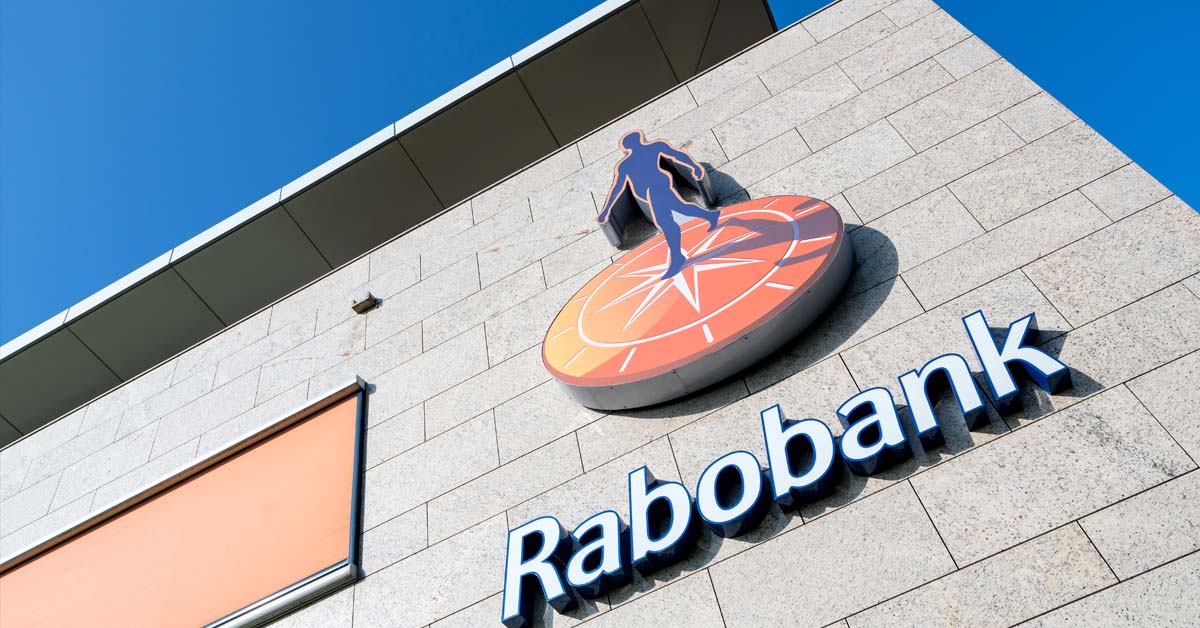Global pork market under pressure – Rabobank

The latest Rabobank quarterly pork report indicates a slowdown in pork production as key regions face a contraction in the sow herd. This trend is expected to result in a decline or flat production in China, the US, and some European countries throughout 2024, with disease pressures adding to the industry’s challenges. Meanwhile, feed prices offer a sign of hope, as does continued consumer spending on pork in key regions as inflationary pressures ease.
Trade may contract in first half of 2024 Rabobank forecasts potential contraction in global pork trade during the first half of the year, as high inventories in importing countries dampen demand. “We’re looking at a soft market for pork exports, especially with the ongoing crisis in the Red Sea and Suez Canal complicating European shipments to Asia,” says Chenjun Pan, senior analyst – Animal Protein at Rabobank.
Despite production woes, there is a bright spot as feed prices continue to ease, with corn and soybean prices down 15% to 25% over the past year. “Lower feed costs are a welcome relief for pig farmers, improving margins in a time of uncertainty,” says Pan. However, she cautions that weather-related volatility could still impact supply and price movements.
Pork consumption has shown resilience in the face of inflation, with Rabobank expecting a mild improvement in global pork consumption in 2024. “Pork continues to be a staple protein, holding its ground against more expensive meats like beef,” Pan explains. The easing of inflationary pressures and an economic rebound in some regions are likely to support this trend.
While some regions grapple with declining herds, others like Brazil are on the rise, driven by global demand. Rabobank underscores the uneven growth across the globe,with ASF outbreaks andloss-making pressures accelerating breeding herd reductions in Asia, particularly China. Pan: “We expect disease outbreaks to create ongoing uncertainty in 2024.
Meanwhile, productivity will continue to improve in 2024, driven by genetic gains, better farm management and cost reduction strategies.”
Read also
Wheat in Southern Brazil Impacted by Dry Weather and Frosts
Oilseed Industry. Leaders and Strategies in the Times of a Great Change
Black Sea & Danube Region: Oilseed and Vegoil Markets Within Ongoing Transfor...
Serbia. The drought will cause extremely high losses for farmers this year
2023/24 Safrinha Corn in Brazil 91% Harvested
Write to us
Our manager will contact you soon



